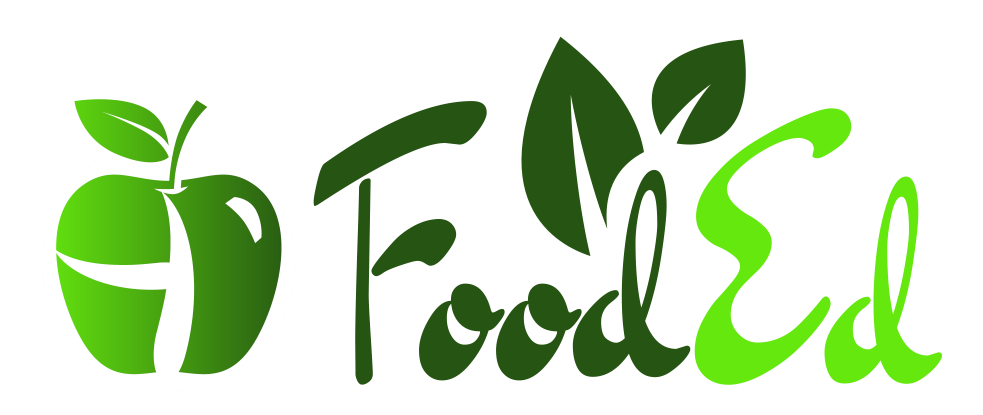 There is one ingredient in plant-based cooking that can add a ‘cheesy’ flavour as no other, nutritional yeast. Made from the with heat inactivated yeast body of Saccharomyces Cerevisiae. It is the same type of yeast that humans have been using for thousands of years as brewer’s yeast and baker’s yeast to brew beer and bake bread. A by-product of brewing beer is the blooms of the yeast used in the process. This bitter tasting yeast appeared to be very rich in B vitamins and other nutrients, so much so, that it is being sold as a supplement nowadays. The difference between brewer’s yeast and nutritional yeast is that nutritional yeast has not been grown in a brewery on barley malt but is grown on diluted molasses. In this way you do not get the bitter beer-like taste that brewer’s yeast has, but instead a cheesy, nutty flavour.
There is one ingredient in plant-based cooking that can add a ‘cheesy’ flavour as no other, nutritional yeast. Made from the with heat inactivated yeast body of Saccharomyces Cerevisiae. It is the same type of yeast that humans have been using for thousands of years as brewer’s yeast and baker’s yeast to brew beer and bake bread. A by-product of brewing beer is the blooms of the yeast used in the process. This bitter tasting yeast appeared to be very rich in B vitamins and other nutrients, so much so, that it is being sold as a supplement nowadays. The difference between brewer’s yeast and nutritional yeast is that nutritional yeast has not been grown in a brewery on barley malt but is grown on diluted molasses. In this way you do not get the bitter beer-like taste that brewer’s yeast has, but instead a cheesy, nutty flavour.
Nutritional yeast is mostly sold as a powder or flakes. It is often found as an ingredient in plant-based versions of cheese but can be added to any type of meal for added flavour and nutrients. Nutritional yeast is a rich source of many nutrients.
Rich in B vitamins on its own, nutritional yeast is also sold in fortified versions that contain vitamin B12. On average, 1 tablespoon of nutritional yeast provides around 30 calories, provides 4 grams of protein, and has 2 grams of dietary fibre.
Nutritional yeast is also a source of beta-glucan fibre, which are also in oats and shiitake mushrooms. Besides the general benefits of adding more fibre to your diet, this much researched fibre has shown to boost our immune function, help our body defend itself against pathogens, and has an anti-inflammatory effect.
In Japan, they use the beta-glucan fibre from the shiitake mushroom as an adjunct therapy in the treatment of several types of cancer. The beta-glucan fibres have shown to increase the survival rate of cancer patients, without any negative side effects.
 There have been studies done that showed that athletes who consumed less than a teaspoon of nutritional yeast daily, did not experience a dip in their white blood cells after strenuous exercise. Normally, when professional athletes push themselves to their limits during exercise or competition, you expect there would be a dip in their white blood cell count, which means that they are less protected against pathogens.
There have been studies done that showed that athletes who consumed less than a teaspoon of nutritional yeast daily, did not experience a dip in their white blood cells after strenuous exercise. Normally, when professional athletes push themselves to their limits during exercise or competition, you expect there would be a dip in their white blood cell count, which means that they are less protected against pathogens.
Regular physical activity improves our immune system and increase our white blood cell count. Only when you overtrain like athletes, you put excessive stress on your body which compromises your immune system.
Nutritional yeast is high in purines, which is why it is recommended to not exceed a teaspoon of nutritional yeast daily when you have gout or uric acid kidney stones. Also, people who have Crohn’s disease should be careful with adding nutritional yeast to their diet, as there have been some cases where the nutritional yeast triggers a worsening of symptoms in people with Crohn’s disease.
For most people, the addition of nutritional yeast to their diet is considered beneficial, a rich source of nutrients and only a teaspoon daily has shown to have lots of health benefits; from strengthening your immune system to increasing cancer survival rates. And of course, nutritional yeast is a versatile and flavourful addition to your meals.

